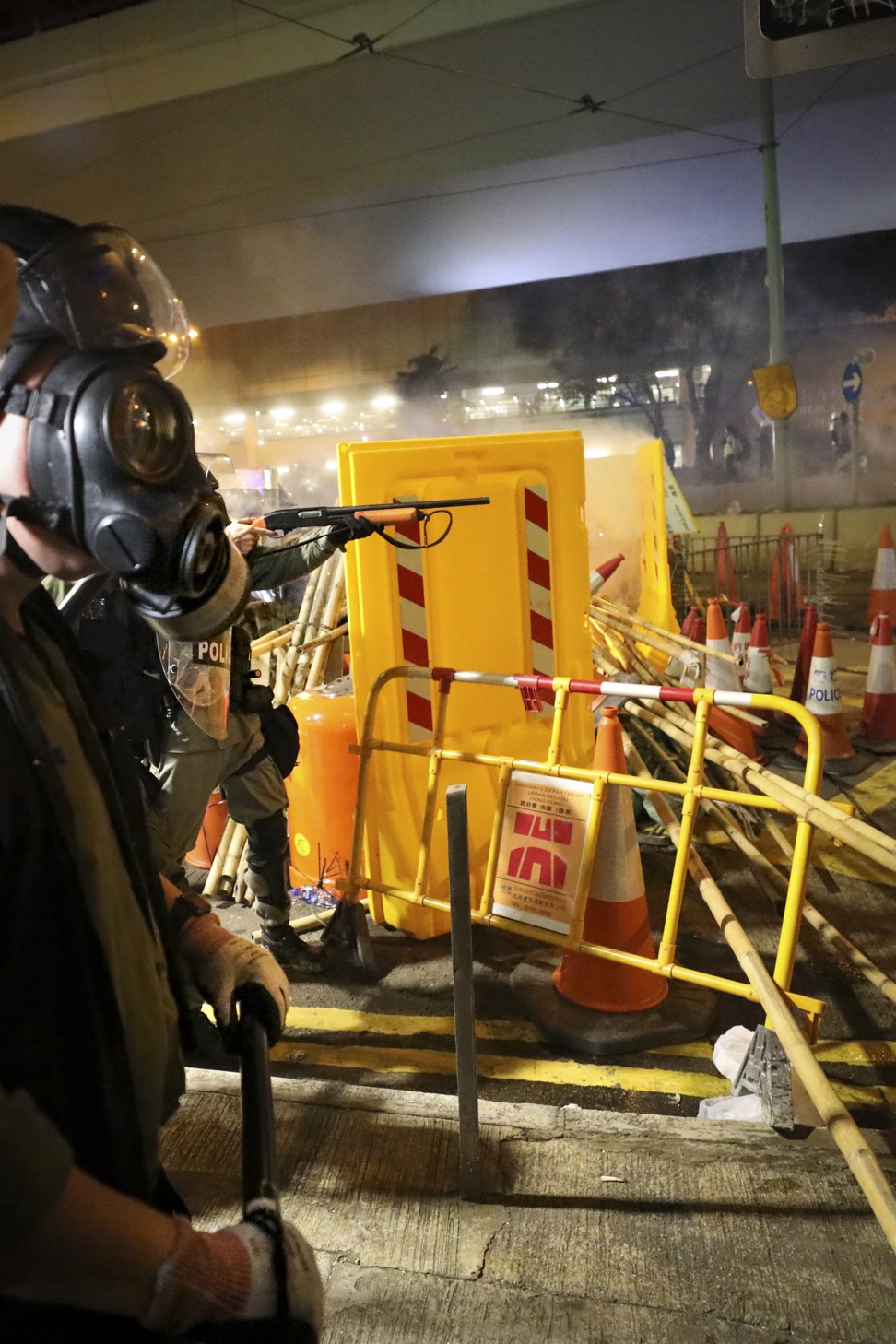
Is Hong Kong safe to visit as protests continue to grip the city? Advice for tourists
- Hong Kong has been rocked by nine consecutive weekends of protests, disrupting transport, the retail sector and tourism
- As the protests spread and turn increasingly violent, what does it mean for people with trips to the city planned?
Since July, a number of countries have issued travel warnings for Hong Kong, including Ireland, Japan, the United Kingdom and Canada. Australia and the United States joined them this week.

The Hong Kong Tourism Board has reported a drop in visitors recently, but most travellers are sticking with their travel plans. So what advice are they being given?
“You should be prepared that the situation around protests and public gatherings could change quickly, with the potential for significant violence,” warns a travel advisory published by the British government on Friday. “If you’re in and around areas where demonstrations are taking place, you should remain vigilant … and move away quickly to a safe place if there are signs of disorder.”
Australians were warned to exercise “a high degree of caution” when visiting Hong Kong, Australia’s Department of Foreign Affairs and Trade said. “There is a risk of violent confrontation between protesters and police, or criminally linked individuals, particularly at unauthorised protests.”
On Thursday the US State Department warned citizens visiting Hong Kong to “exercise increased caution”, upgrading its previous advice to “exercise normal precautions”.
With riot police using batons, tear gas and pepper spray in densely populated areas popular with tourists such as Tsim Sha Tsui, Sheung Wan and Causeway Bay, some visitors have already been affected.
Many internet users in mainland China – whose only official source of news about events in Hong Kong is state media, which is heavily controlled – now advise against visiting the city.
“The situation in Hong Kong is unstable now,” a user under the name Xbao63 posted in a forum on Baidu, China’s equivalent to Google, on July 31. “The society is torn along ethnic lines. Some people have obvious antipathy towards mainland [Chinese] compatriots. It’s not a good time to visit the city.”
Still, Jason Wong Chun-tat, chairman of the Travel Industry Council of Hong Kong, which represents travel agents in the city, says Hong Kong remains a safe place.
The Hong Kong Tourism Board will ensure notices about the protests will be up at tourist hotspots
“The Hong Kong Tourism Board will ensure notices about the protests will be up at tourist hotspots. Notifications about the dates and venues of protests and transport changes will be sent to the industry for distribution to visitors,” he says.
Wong also advises visitors to pay attention to the news to find out the location of protests. “It’s difficult to predict where they will break out, as some protests are organised in a rushed manner with only several days’ notice, but Hong Kong has many [unaffected] tourist spots where visitors can continue their sightseeing,” he says.
Wong says visitor numbers have been severely affected by the protests. “The effects began to surface in June. Some individual travel agencies have reported a 30 to 50 per cent increase in cancellations of mainland [Chinese] and Southeast Asia travel groups to Hong Kong. The hotel and retail sectors expect a double-digit drop in tourist numbers in the second half of the year. The situation is worrying,” he says.

A Hong Kong Tourism Board spokesman said that year-on-year growth in visitor numbers slowed to 8.5 per cent in June, compared with year-on-year growth in May of 19.5 per cent. Preliminary figures from the board for July show growth in visitor arrivals has slowed further.
“The travel industry also reported that the number of forward bookings to Hong Kong for August and September has also decreased,” the spokesman said.
“Over the past few days, we have put up various notices on [our] website about the latest [airport] updates. We have also been providing advice to visitors, such as the latest updates about the major attractions and public transport arrangements to [help] visitors plan their trips in Hong Kong.”

If you go:
For more information and updates on specific tourist attractions, check the Hong Kong Tourism Board’s website (discoverhongkong.com) or call its hotline at 852 2508 1234 (Available from 9am to 6pm daily). For latest flight updates and alerts, visit the Hong Kong International Airport website: hongkongairport.com

